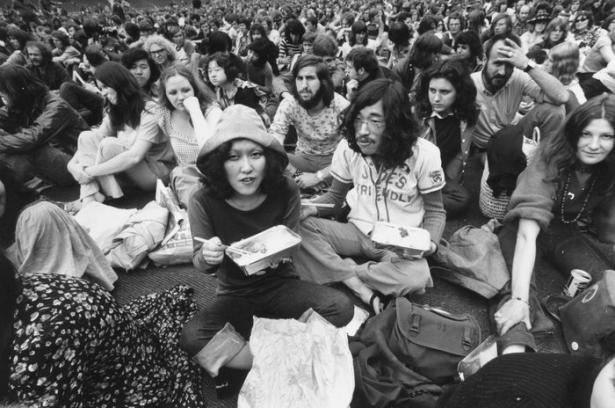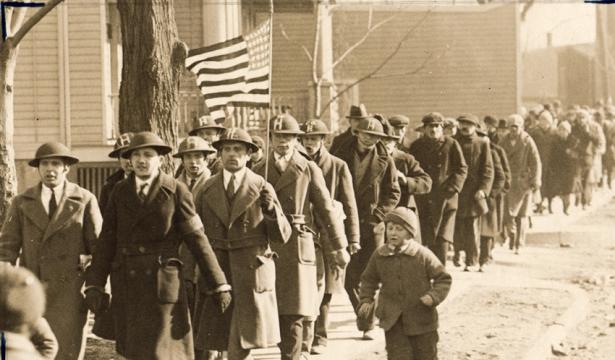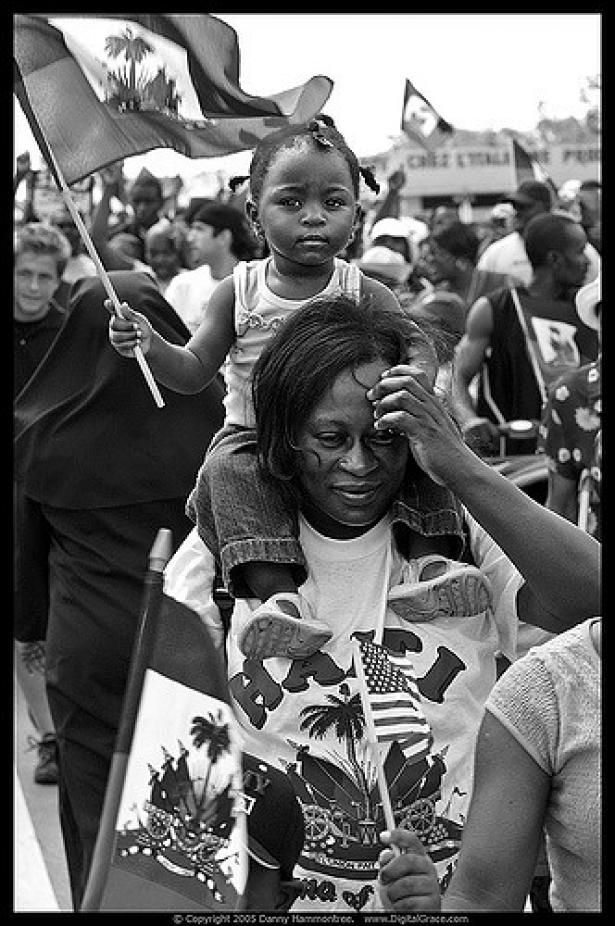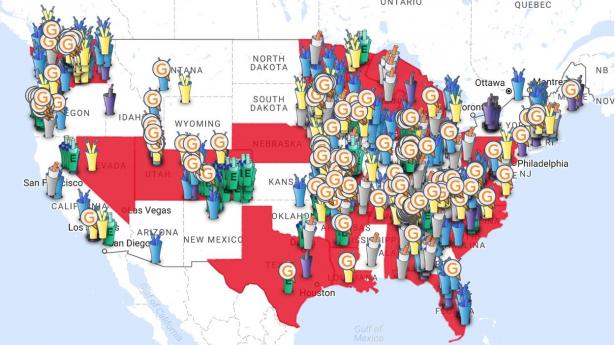New Book discusses Hippie Food's Spread Through the Country
NPR/The Salt

Jonathan Kauffman's new book, Hippie Food: How Back-to-the-Landers, Longhairs and Revolutionaries Changed the Way We Eat, follows the people and places throughout the country that brought organic vegetables and whole wheat bread into the counterculture, and then, eventually, mainstream supermarkets.









Spread the word